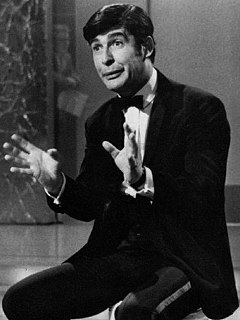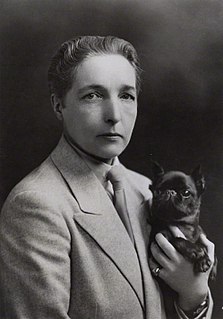A Quote by Lewis H. Lapham
Wars might come and go, but the seven o'clock news lives forever.
Related Quotes
Liberty lives in protest and democracy prospers under conditions of change. When we travel about the world and come to a country whose newspapers are filled with bad news we feel that liberty lives in that land. When we come to a country whose newspapers are filled with good news, we feel differently.
Now your kids can't escape. Thirteen-year-olds back then, if they didn't watch the evening news, they didn't see news. If they didn't watch the 6:30 or seven p.m. news, they didn't see news. Today younger people have much more access to that kind of hard news than you did when you were 13 back then.
The city might be savage, stray dogs might share the streets with grimy urchins whose blank eyes reflected the knowledge that they might soon be covered over, blinded forever, by the same two pennies just begged from some gentleman, and no one in the fuming, fulminous boulevards of trade might know who actually ran Ambergris-or, if anyone ran it at all, but, like a renegade clock, it ran on and wound itself heedless, empowered by the insane weight of its own inertia, the weight of its own citizenry.




































